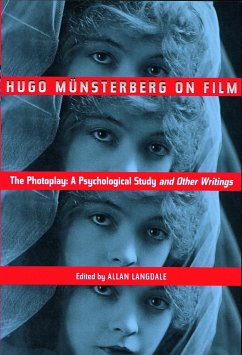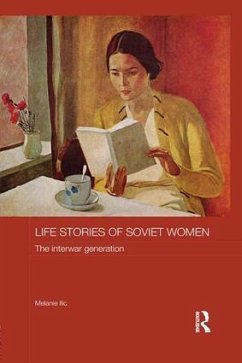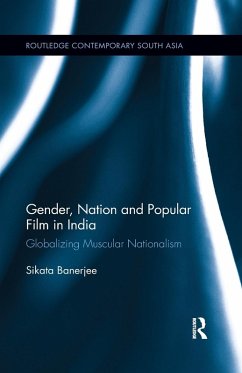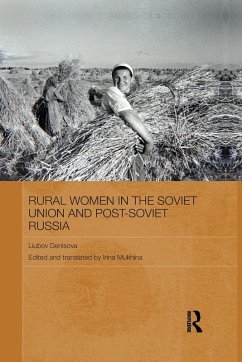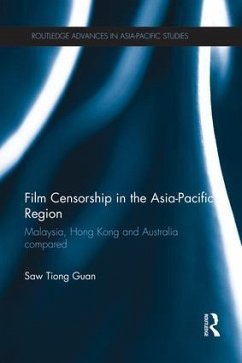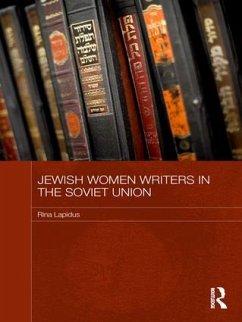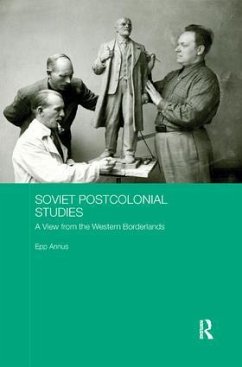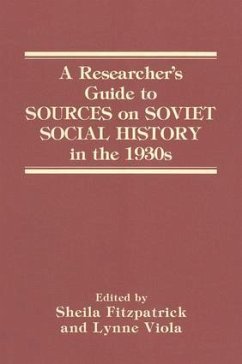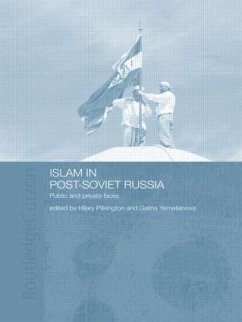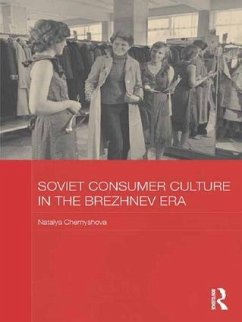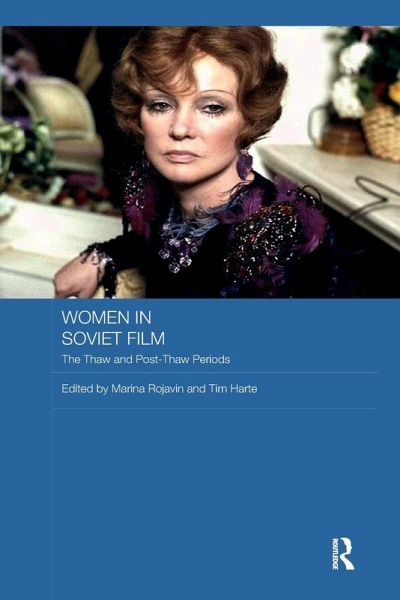
Women in Soviet Film
The Thaw and Post-Thaw Periods
Herausgeber: Rojavin, Marina; Harte, Tim
Versandkostenfrei!
Versandfertig in 1-2 Wochen
55,99 €
inkl. MwSt.
Weitere Ausgaben:

PAYBACK Punkte
28 °P sammeln!
This book illuminates and explores the representation of women in Soviet cinema from the late 1950s, through the 1960s, and into the 1970s, a period when Soviet culture shifted away, to varying degrees, from the well-established conventions of socialist realism. Covering films about working class women, rural and urban women, and women from the intelligentsia, it probes various cinematic genres and approaches to film aesthetics, while it also highlights how Soviet cinema depicted the ambiguity of emerging gender roles, pressing social issues, and evolving relationships between men and women. I...
This book illuminates and explores the representation of women in Soviet cinema from the late 1950s, through the 1960s, and into the 1970s, a period when Soviet culture shifted away, to varying degrees, from the well-established conventions of socialist realism. Covering films about working class women, rural and urban women, and women from the intelligentsia, it probes various cinematic genres and approaches to film aesthetics, while it also highlights how Soviet cinema depicted the ambiguity of emerging gender roles, pressing social issues, and evolving relationships between men and women. It thereby casts a penetrating light on society and culture in this crucial period of the Soviet Union's development.





